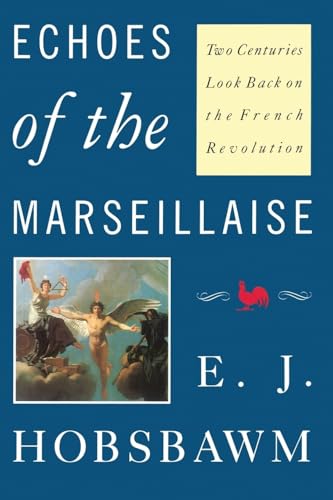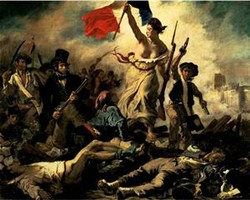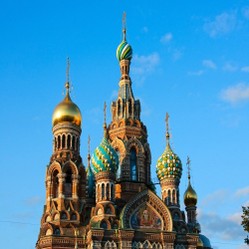As events changed, new lyrics were created using popular sentiments of the day. Often these lyrics would be printed and pasted up on walls and lampposts for the literate to read. The songs not only let others know which side they supported but even warned enemies to stay away from their area.
The Revolution inspired great paintings and books, thousands of leaflets were pasted onto the walls of Paris, and great music was composed. But for the sans-culottes of Paris popular song was perhaps the most significant creation of all.










 How to Choose a Walking Cane or Stickon 08/01/2014
How to Choose a Walking Cane or Stickon 08/01/2014
 Michael Miller Fabulous Fabric Swatches for Quilting, Crafts etcon 07/02/2014
Michael Miller Fabulous Fabric Swatches for Quilting, Crafts etcon 07/02/2014
 The Drama of Life in the Rock Poolon 06/08/2014
The Drama of Life in the Rock Poolon 06/08/2014
 The Flâneur - Symbol of Modernity in 19th Century Parison 05/09/2014
The Flâneur - Symbol of Modernity in 19th Century Parison 05/09/2014



Comments